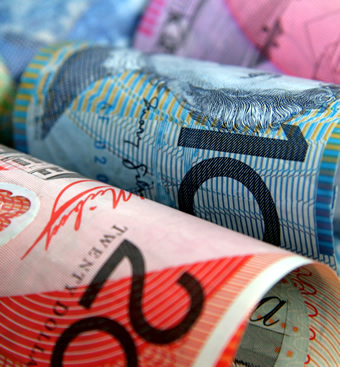Australian parliamentary officials have launched a formal inquiry which aims to examine why many tech products cost Aussies up to 50 percent more than they do for American consumers. Reportedly, Microsoft, Apple and Adobe are among some of the companies who have been ordered to appear on March 22 in Canberra for questioning.
''I'm firmly of the view that the only way to get answers from some of major IT vendors is to compel them to appear,'' the Sydney Labor MP Ed Husic said, reaffirming parliament's decision to subpoena American-based multi-nationals to answer for higher-priced goods.
Consumer group Choice claims that when compared to the U.S., Microsoft Office is 34 percent more expensive in Australia, on average. Additionally, Australians pay about 232 percent more for digitally-distributed PC games than Americans, 73 percent more for iTunes purchases and 41 percent more for most computer products.
Apple and Microsoft have reportedly already made submissions to the committee, outlining increased taxes, freight and foreign exchange rates as key reasons for higher prices.
In one clear-cut example of absurdly priced merchandise, Choice noted it would be more economical to employ someone for 46 hours at $21.30 per hour, provide them with round-trip airfare to the U.S. and have them purchase a particular Microsoft-made enterprise software package rather than buying it locally for $8,939 in Australia – and then have them repeat the process once more. The India Times did not specify what this enterprise-level software package was, however.
"For some time consumers and businesses have been trying to work out why they are paying so much more, particularly for software, where if it's downloaded there is no shipping or handling, or much of a labor cost," Husic told Reuters.
The Register offered some less extraordinary examples though, like $119 AUS for Office 365 Home Premium versus $99 USD in the U.S. and $539 AUS for a 16GB iPad as opposed to $499 USD. The exchange rate of AUS to USD is currently 1 to 1.03, making the currencies relatively equal.
